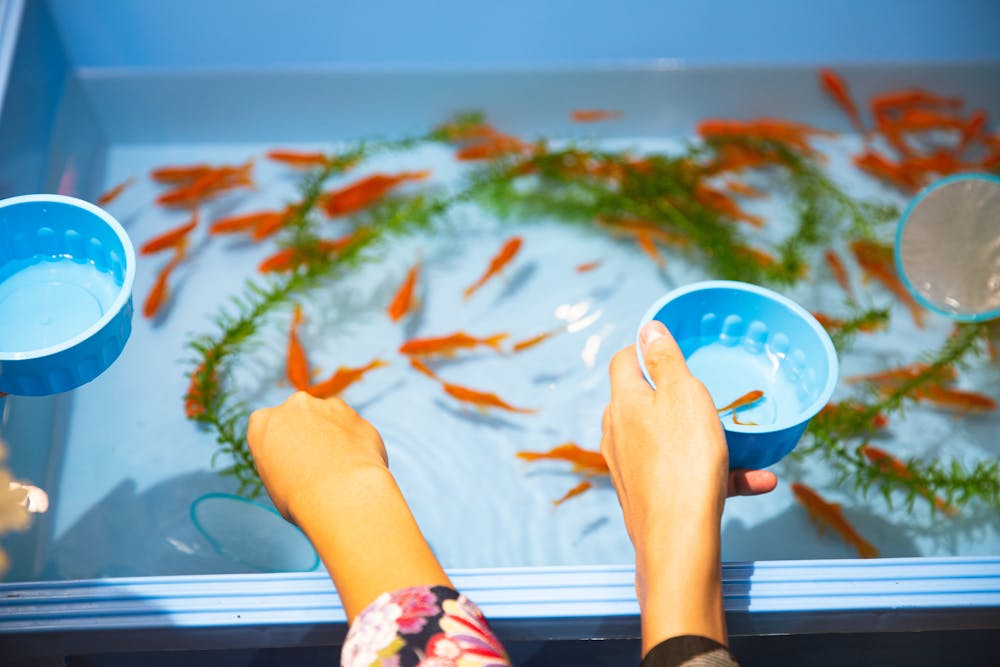
What to know before an aquarium is purchased
Too frequently, new aquarium owners experience their first aquarium badly and end up giving up almost before they begin. Taking these fundamental variables into account and preparation, perhaps new aquarium owners will assist to prevent frequent falls. Planning is also a smart idea for the seasoned aquarium keeper.
When putting up a new aquarium, two of the most significant and essential concerns are cost and size. In both instances, individuals typically underestimate what is necessary and may compromise later on that which causes difficulties.
- Cost
Potential aquarium owners sometimes notice a special package offer as price tag and think they may start for a few dollars. Don’t be misled into believing that you’ll receive fifty or less in the hobby. In reality, it will cost Rs 5000 to Rs 20000 to get decent equipment started. If your investments are too high for your budget, it’s smart to save until you have the money to acquire everything you need. One good way to get started is to list what you need.
- Make an inventory
The costs are aquarium and stand, cap and light, heater, filter, gravel, decorations, treatment of water, net and cleaning equipment. All this except the fish and their food. Make a thorough checklist for all items you are interested in and go online or to a pet store. Sit down and calculate the cost before making your choice. You may be shocked to find out what the real overall cost is.
If your budget is extremely tight, you may seek for assistance. Take your checklist and let your friends and family know you want items for your birthday, graduation or holiday donation from that list. This way you may start without having to choose lower equipment and your family can buy what they know you desire. Perhaps they’ll surprise you and give you the items without waiting for a special opportunity.
Another option is to search for equipment used. Please note that tanks used may leak and heaters or filters cannot work at all and before buying it is difficult to test them. So ask questions early and don’t pay for anything over 50% of the original price. Don’t be too scared of filthy glass or ornaments, which can be readily cleaned. Scratches and cracks cannot be rectified, so check for damage closely with the equipment used.
- Size
Avoid tanks below 10 gallons if you are an aquarium owner for the first time. Little aquariums are much harder to maintain than bigger ones, since in the small amount of water toxins may grow extremely rapidly. Changes in temperature and water chemistry may also take place extremely rapidly if just a few liters of water exist.
The sweet mini-aquariums ranging from two to five gallons must be avoided. Although some package deals in small aquariums may appear reasonably expensive, for the first time aquarium owners are not good. Go with a 20 gallon or bigger tank if feasible. You’re going to have a much better chance of doing this, because a larger tank forgives more errors.
- Determine weight
Please note that an aquarium more than 15 gallons weighs more than 200 pounds when it is full and should be on a stand instead of a shelf or a desk. You will also need a place to put the aquarium in direct sunlight or undergo drafts or extremes of temperatures which could harm the fish.
The area must also be able to wet sometimes. In order to maintain, add or remove fish and other articles from the tank, water is sprinkled about the tank. So remember if you think about maintaining a tank on your desktop or on a book shelf or other items that could wet.
- Fish Quantity
Finally, be realistic about the size and quantity of fish you want to maintain. They determine the size of the necessary aquarium, which ultimately affects the space you need to accommodate it. Even if you select a bigger tank, start with some tiny fish simple to take care of. You may add more difficult fish as you acquire experience.
Briefly, imagine large for the tank size and modest for the quantity of fish when you start. Plan for equipment or fish before you purchase and you will have a high probability of success.